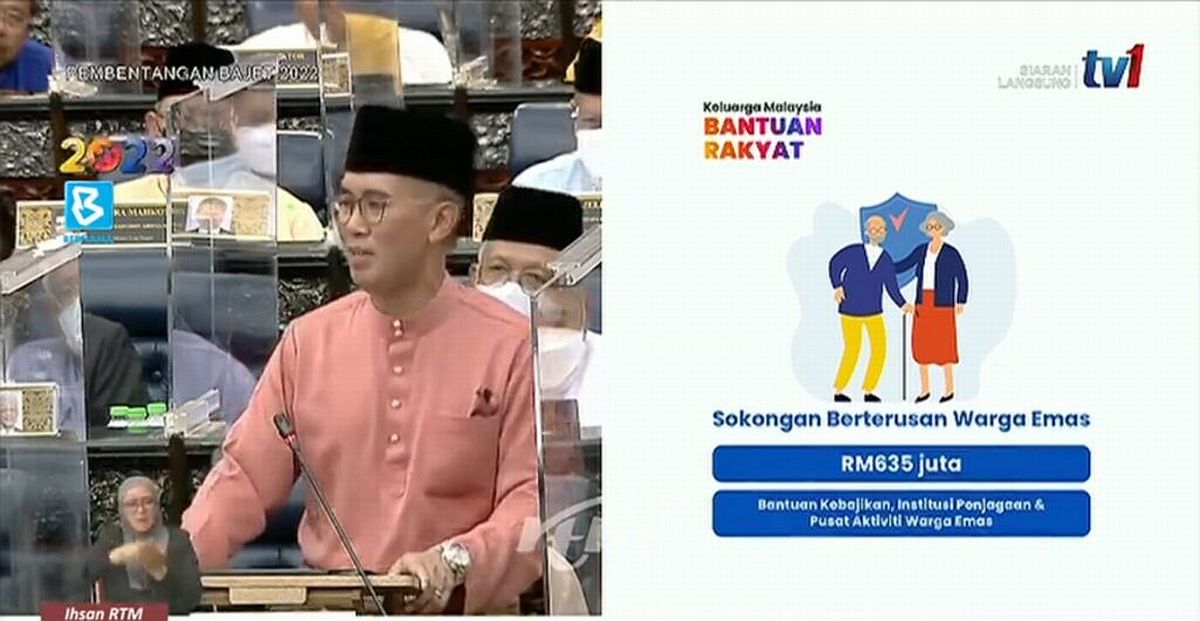KUALA LUMPUR, March 10 – The government has allocated RM15 million to the Department of Statistics Malaysia (DOSM) to produce data disaggregated to women and men to draft gender-responsive annual government budgets.
Finance Minister Tengku Zafrul Aziz said in a March 3 parliamentary reply to Kuantan MP Fuziah Salleh that the Finance Ministry will coordinate together with DOSM and the Women, Family and Community Development Ministry (KPWKM) to produce gender-disaggregated data, especially on the income and welfare of female-headed households, women’s health, safety (domestic violence), as well as work opportunities and entrepreneurship for women.
“Initiatives for women under Budget 2022 like Dananita, taska allocations, allocations for the Royal Malaysia Police’s D11 division, and subsidies for mammograms and others, will be monitored to evaluate the effectiveness of initiatives as a platform to prepare Budget 2023,” Tengku Zafrul said in his written reply.
The Women’s Aid Organisation (WAO) reportedly said last October that the 2022 Budget lacked “bold initiatives” to tackle gender inequality that worsened during the Covid-19 pandemic.
The women’s groups said that the government’s federal budget instead merely “touched in a piecemeal manner” issues related to gender like violence against women, employment, health, and social protection.
Twenty civil society organisations, which launched the Gender Budget Group before the 2022 Budget was tabled in Parliament last October, called for gender-focused allocations in the federal budget on gender-based violence, economic empowerment, leadership, health care, and education.
A gender-responsive budget isn’t about creating separate budgets for women, notes United Nations Women. Instead, gender-responsive budgeting ensures that the allocation of public resources contributes to advancing gender equality and women’s empowerment.
A gender-responsive budget assesses the different needs and contributions of men and women and adjusts policy to benefit all groups.












